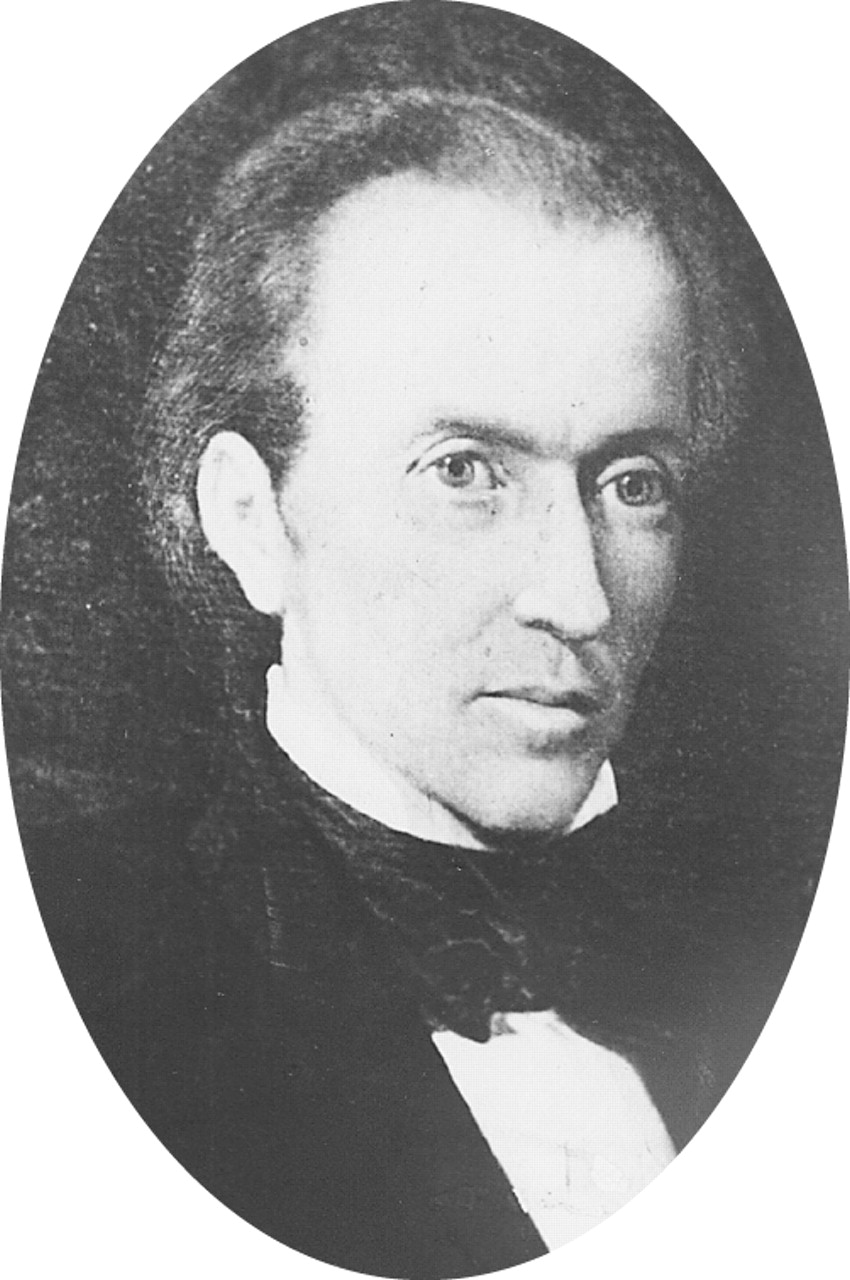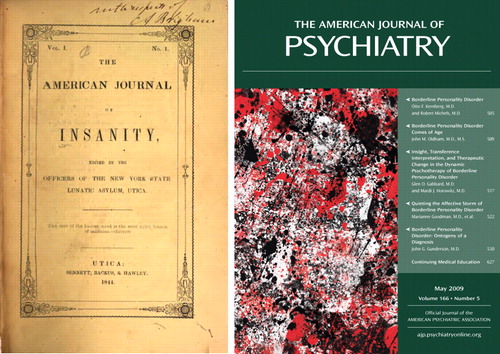American Journal of Psychiatry Wins Unique Honor
When it comes to imparting cutting-edge, peer-reviewed psychiatric research—and doing it in a clear and engaging manner—The American Journal of Psychiatry (AJP) keeps proving it stands above the rest of the pack.

Amariah Brigham, M.D., an APA founder, published the first psychiatric journal in the summer of 1844—The American Journal of Insanity.
Published in 1844 under the title The American Journal of Insanity, AJP is the oldest continuously published medical specialty journal in the country, according to its editorial director, Michael Roy. Over time it has become the most cited publication in its field of psychiatry, Roy said.
Now comes news that the venerable journal has been cited with 99 other publications as one of the most influential scientific journals to be published over the past century.
According to a recent poll of 686 members of record of the Special Libraries Association's (SLA) Division of BioMedical and Life Sciences, AJP received more votes than any of the six other psychiatric medical journals reviewed by the division's members.
“The laurels and weight of 100 years are on our shoulders,” the journal's editor in chief, Robert Freedman, M.D., told Psychiatric News.

The Special Libraries Association's Division of BioMedical and Life Sciences (DBIO) decided to conduct the poll as part of the library association's 100th anniversary. Division members who took the poll were asked to name the 100 most influential journals in biology and medicine over the last 100 years. The polling instrument was constructed by an international“ panel of experienced DBIO members who worked at institutions with particularly notable biomedical and life sciences journal collections and clientele,” according to a DBIO report of the process posted on the SLA Web site.
The goal of the poll was for the final vote to yield a balanced assortment of journals (offering original research) in these three areas: clinical medicine and allied health sciences (AJP's category), molecular and cellular biology, and natural history.
“When one considers the vast number of journals out there—even with an entity limiting the number of possible options from which to choose—it would be considered an honor just to make that list of available options,” Roy told Psychiatric News. “There are over 35,000 journals listed in PubMed and the molecular biology databases of the National Center for Biotechnology Information. This is why the top 100 is a big deal.”
On June 16 the Special Libraries Association will name the top 10 most influential journals—across all categories—from the top 100 already named. Then, from the top 10 journals, the library association will bestow the ultimate honor: naming the single most influential “Journal of the Centennial.”
Both announcements will be made that day at the Special Libraries Association's Centennial Conference in Washington, D.C., at an awards ceremony featuring a roll call of all 100 winners and their publishers.
A list of the top 100 most influential scientific journals is posted at<http://units.sla.org/division/dbio/publications/resources/dbio100.html>. Information about the polling methodology and participants is posted at<http://units.sla.org/division/dbio/publications/resources/DBIO100.pdf?>.▪



